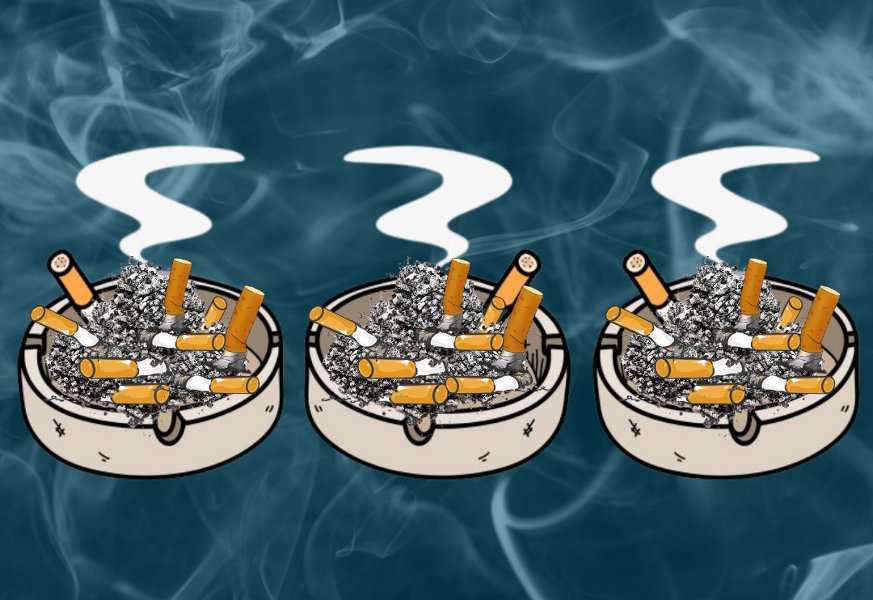It was distressing to see no less than the first lady and the agriculture secretary grace the opening of Philip Morris International’s Heated Tobacco Products (HTP) facility in Batangas. It runs contradictory to the “Love For All” program of the First Lady, which promotes healthy lifestyle and clean living.
Philip Morris International is one of the largest tobacco corporations in the world. It makes the world’s most popular cigarette, Marlboro. In 2023, it shipped 613 billion cigarettes worldwide. Last year it brought in net revenues of $35.2 billion, an increase of $3.4 billion from 2022. It continues to open new cigarette factories – most recently in Tanzania and Ukraine. And now Philip Morris International (PMI) has opened a new tobacco factory in the Philippines to manufacture its heated tobacco product, IQOS.
PMI may be making new products to increase its profits, but there’s nothing new about tobacco and the destruction it leaves in its wake. Decades of scientific study show that tobacco kills more than 8 million people each year and causes many more to suffer from cancer, heart disease and respiratory illness. PMI and other tobacco companies market their products heavily in countries like the Philippines. Around 80% of the world’s 1.3 billion tobacco users live in low- and middle-income countries like ours.
The presence of this facility is particularly alarming in light of the recent Global Youth Tobacco Survey for the Philippines. The 2019 data, the latest that we have, showed that among 13-15 years old, 3% of students (4.3% of boys and 1.7% of girls) currently used smokeless tobacco, while 14.1% of students (20.9% of boys and 7.5% of girls) currently used electronic cigarettes. This means that 1 out 7 school-age youth in 13-15 year old bracket is using electronic cigarettes.
A quick scan of the market indicates that this number could be higher now. The proliferation of vape shops, the presence of HTPs in retail stores, the lowering of age of access from 21 to 18 years old, the availability of more than 15,000 flavors all point to the increasing market demand for HTPs and electronic cigarette products.
This will eventually lead to health crisis, especially among the Filipino youth.
There’s a lot we don’t know about the long-term dangers of e-cigarettes, but one thing is clear: they contain toxic chemicals and are extremely addictive.
The vast majority of these products contain nicotine, which is highly addictive and can harm adolescent brain development. Because adolescent brains are still developing, exposure to nicotine can be especially harmful to young users, increasing the risk of addiction and negatively impacting children’s and young adults’ attention, memory, and learning.
Everyone deserves to live a life that is healthy and free of deadly and addictive products. Tobacco contains nicotine, one of the most addictive substances on earth. Once hooked on nicotine, it’s extremely difficult to stop. There are proven medical products and cessation therapies that do help people quit, but none of them are the products that tobacco companies sell. Their tobacco and nicotine products are in service of profit and keeping people addicted. Any other story they tell – whether it’s calling tobacco products like IQOS “smoke-free” or “reduced risk” – is pure PR spin.
Behind closed doors, PMI and other tobacco companies fight tooth and nail against policies lawmakers try to pass that would regulate their products and protect the public from death, disease and addiction.
What’s worse, Philip Morris targets young people, as it has for decades. PMI lied about targeting children 30, 40, 50 years ago – and is still lying to this day. Studies show that PMI continues to push its cigarette brands to youth with special advertising and promotions, flavored tobacco products, and product placement that is enticing to children at points of sale in low- and middle-income countries across the globe.
And they’re doing it right here. In the Philippines, Philip Morris relaunched its Marlboro brand last year by sponsoring new signboards at stores in many cities. Posters also advertise special promotions of single cigarettes costing just pennies – a tactic that appeals to children.
In addition, a new report in late 2023 revealed a variety of tactics used by Philip Morris and others to reach young people online. These tactics include direct marketing of products like IQOS via: popular Instagram accounts run by tobacco companies; paid advertising; contests; and sport and music sponsorships. Tobacco companies also use a vast network of influencers to market IQOS online, seeking out influencers with a variety of interests to post about trending topics and reach an expansive audience of young people who would otherwise not see tobacco or nicotine content on social media.
Philip Morris International continues to promote deadly, addictive cigarettes and roll out new addictive products like IQOS. We should do all we can to regulate these products, keep them out of the reach of children, and support smokers to quit with proven therapies.
Philip Morris International’s newest tobacco factory in the Philippines is nothing to celebrate.
(Sin tax lobbyist and health reform advocate Dr. Anthony Leachon is an internist and cardiologist at the Manila Doctors Hospital. He is also the past president of the Philippine College of Physicians.)

